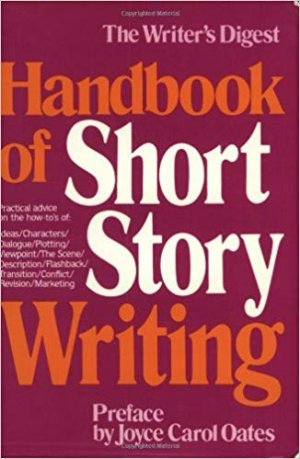First, it fascinates me that my copy is entitled “Touching Others With Your Words/The Art and Practice of Successful Speaking” and the Amazon version is “Saying It Well/Touching Others With Your Words.” Perhaps between my edition and the current one the author learned the importance of concision in crafting titles?
This book is about crafting good sermons. But good sermons are essentially good stories. Does the author provide enough insight into good story-telling and -crafting to make it a worthwhile read?
For my part, not really. Unless you’re evangelical, it takes a lot of reading to find the nuggets worth keeping.
Greetings! I’m your friendly, neighborhood Threshold Guardian. This is a protected post. Protected posts in the My Work, Marketing, and StoryCrafting categories require a subscription (starting at 1$US/month) to access. Protected posts outside those categories require a General (free) membership.
Members and Subscribers can LogIn. Non members can join. Non-protected posts (there are several) are available to everyone.
Want to learn more about why I use a subscription model? Read More ch-ch-ch-ch-Changes Enjoy!





